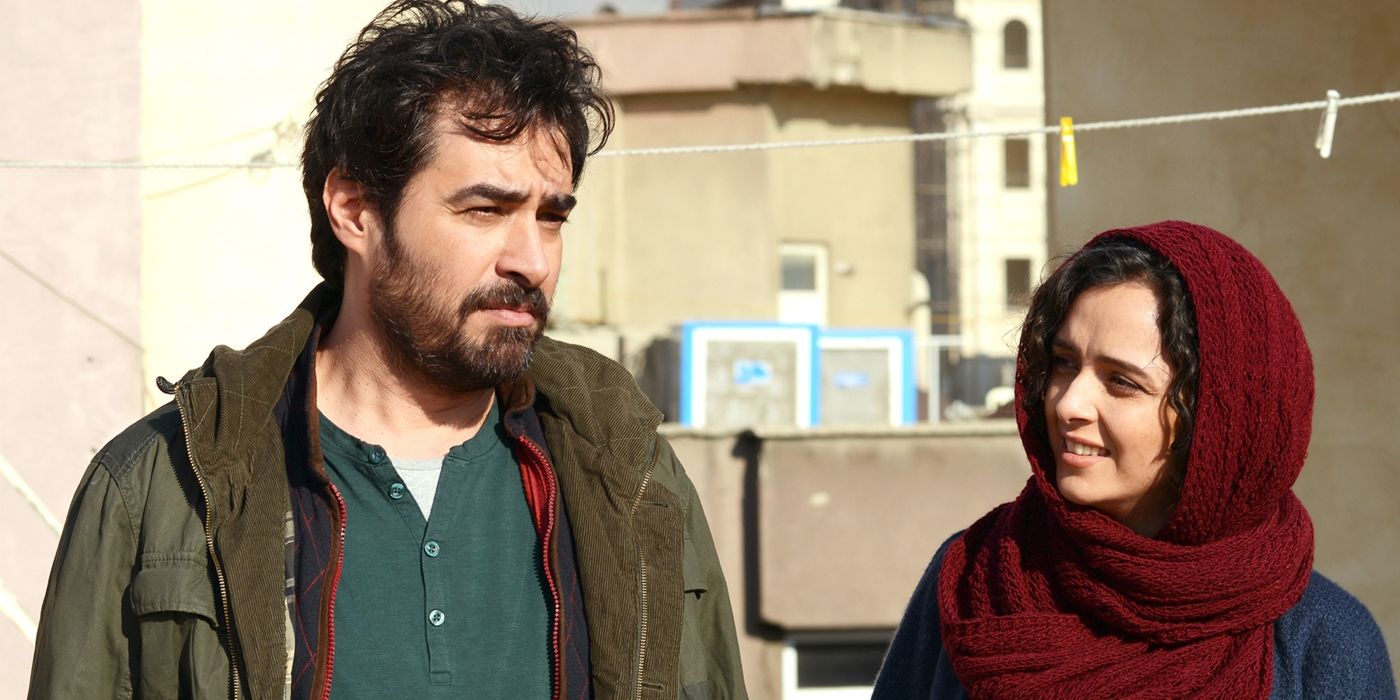Many Hollywood celebrities and/or filmmakers are unsurprisingly more outspoken about political and social issues than ever right now, in the wake of the current political climate in the U.S. (and, by extension, the world at large). Several films that are in the running for the Best Picture Oscar category at this year's Academy Awards ceremony also focus heavily on social/political issues, be they institutionalized racism (Hidden Figures), economic hardships (Hell or High Water, Fences) or the importance of communication and cooperation across barriers of language and nationality (Arrival).
That being said, the annual Academy Award ceremony itself typically aspires to avoid drawing controversy, in terms of what takes place during the actual three hour (or, usually, longer) show. Now however, real-world politics are poised to affect the 2017 Oscars in an unexpected way, thanks to a highly-controversial new U.S. policy that seemingly bars an Oscar nominee from attending this year's ceremony in person.
The filmmaker in question is internationally-respected Iranian filmmaker Asghar Farhadi, nominated this year by The Academy of Motion Picture Arts and Sciences in the Best Foreign Language Film category for his latest film, The Salesman. He is a previous winner of that same prize for his 2012 film A Separation and was widely expected to attend this year's ceremony. However, as reported by outlets such as Variety, Farhadi is now reportedly unable to attend the 2017 Oscars ceremony because of a change in U.S. policy, barring entry visas to Iranian citizens.
The issue here is a hotly-debated executive order from the newly-elected U.S. president Donald Trump that was issued on Friday, January 27th; an order that (among other things) places a series of freezes and holds on immigration and/or entry to the U.S. by individuals originating in various countries of predominantly-Muslim population. It also places an indefinite ban on war refugees from Syria, a 120 day hold on all other refugees and a 90 day "freeze" on movement from Iraq, Libya, Somalia, Sudan, Syria, Yemen and Iran. The move (which has drawn praise from supporters but outrage and legal challenges from civil rights groups) is seen as reflective of an early campaign promise Trump had originally described as "a total and complete shutdown of Muslims entering the United States until our country's representatives can figure out what is going on."
An official statement from Farhadi himself or his official representatives has not yet been released on the matter, though The Salesman's lead actress Taraneh Alidoosti has stated that she will not attend this year's Oscar ceremony (whether permitted to or not) in protest of Trump's order itself. The Salesman, which is being distributed in the U.S. by Amazon Studios, is a mystery/revenge drama centering on a pair of Iranian regional-theater actors, whose lives are violently upended in the midst of staging an adaptation of American playwright Arthur Miller's Death of A Salesman.
UPDATE: The AMPAAS has issued a statement on the Farhadi situation:
"The Academy celebrates achievement in the art of filmmaking, which seeks to transcend borders and speak to audiences around the world, regardless of national, ethnic, or religious differences. As supporters of filmmakers—and the human rights of all people—around the globe, we find it extremely troubling that Asghar Farhadi, the director of the Oscar-winning film from Iran A Separation, along with the cast and crew of this year’s Oscar-nominated film The Salesman, could be barred from entering the country because of their religion or country of origin.”
The 89th Annual Academy Awards ceremony is going to be telecast on Sunday, February 26th, 2017 on ABC, starting at 8:30 p.m. EST.
Source: Variety


